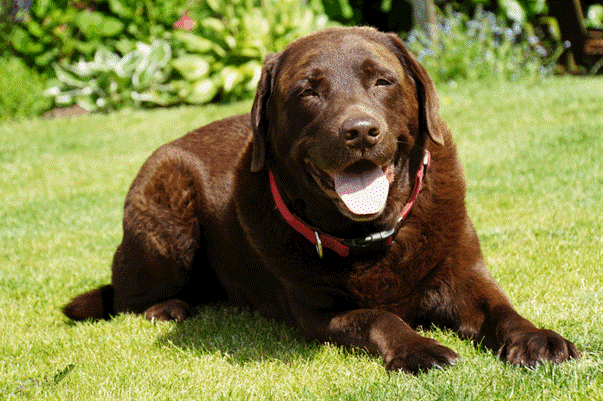True Attention is the most precious gift

By Boy van Droffelaar, PhD
Every time I am on trail in the wilderness, I realize how crucial it is to be always aware of what is going on around me. It is critical for our sense of safety and well-being to pay full, undivided attention to others and the environment, with its myriad sounds and odors. Our senses grow more acute.
That brings back memories of going to hunting instruction every Tuesday morning with Bommel, our then four-year-old brown Labrador. Bommel likes it, especially when he can swim. Working with dummies is the best, especially while we’re in Almere and occasionally working with cold game.
What I learnt in particular is that the link between me and Bommel is highly delicate and attentive. He appears to be aware of every aspect of my consciousness. It’s not only that he has to be focused; I also have to be. If I am as careless or sloppy, he immediately loses focus. The boss is the one who learns the most.
For example, we are practicing near the Spotvogelpad. Rudi, our trainer, pulls a dead duck from his bag after some retrieving exercises. I notice Bommel’s adrenaline beginning to rise. That is immediately detected by dogs. He tightens his grip on his legs and makes eager squealing noises. I petted his head to calm him down. Calm down, I whisper softly, and it immediately helps. Simply wait your turn. When a few more dogs go first, the excitement level rises once more. It’s then my time. I stroll quietly to the reed border that separates the land from the lake and place Bommel beside me. He takes a seat next to me and gives me a brief glance. His gaze is immediately drawn back to the water. He knows it’s going to happen there. I slowly take the leash off his neck, scratch his head again, and whisper sweetly to him: you’re fine, calm down… Every muscle, though, is tense. Rudi is standing 10 meters away from us, throwing the duck into the water in a broad arc. Bommel is then barred from intervening. Only when I issue the command “apport” is he permitted to leave.
At that moment, I have the impression that we are in close contact. All of his senses are on high alert for the slightest movement or sound I make. I am also tense; I have a sense that we are one at that moment; this does not originate from my head, but rather a connection from heart to heart. As I wait another two seconds, there is that intense stillness between us.
Then I say “apport” and Bommel disappears. He dashes to the water’s edge in search of the duck, because he heard it fall into the water but did not see it. Then he jumps into the water and swims forward with forceful kicking movements, confident that the scent of the duck will lead him in the right direction.
But then I make a critical error: I turn around and begin chatting to Rudi, while Bommel is still wondering if he is swimming in the proper way. Bommel turns around and swims back to the side when he hears my voice, which is not encouraging. Rudi advises me to always pay attention to my dog. The dog detects the absence of the support and arrives to collect it. When Bommel returns to shore, I put him at ease and deploy him again, paying close attention to what he is doing by giving full support. Bommel cheerfully places the duck in my hands.
Another fantastic leadership lesson, I thought as I drive back home later. Exactly the lesson I learn while being on trail. It’s about trust and holding space but yet being fully present so that you can be there when needed. Being present with true attention is not being absent, being in other thoughts, or being in another world. And genuine attention is the most precious gift you can give to anyone, animal or human.

Share or write a comment